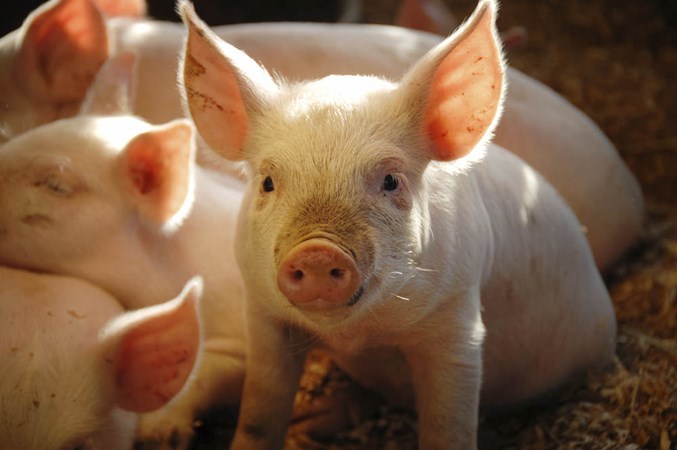1/27/2023
Skipping the chicken wings on Super Bowl Sunday? You’re not alone. More than 10 million Americans will skip animal-based chicken wings and instead consume over 160 million plant-based chicken wings, according to estimates by Compassion in World Farming.
Chicken wings were once considered a waste product, only usable for broth or stock. That all changed in 1964 when, according to folklore, a bar owner in Buffalo, NY, accidentally received a shipment of chicken wings instead of chicken necks and decided to turn them into a spicy snack for her customers instead of throwing them away. As the popularity of buffalo wings grew within the bar business, so did the popularity of going to bars to watch televised football games. Thus, the connection between chicken wings and football was born. In the years to come, billions of chicken wings would be consumed across the nation, and they would be dubbed the fan-favorite snack of the Super Bowl.
But at what cost? As the demand for chicken products skyrocketed, the industry became obsessed with making production as profitable as possible. That meant using less space, less feed and resources, and bigger chickens.
Today, the vast majority of chickens raised for meat are kept in overcrowded warehouses with little to no natural light and no opportunities for natural behavior. Bedding is changed so infrequently that it becomes saturated with urine and feces, causing the birds to suffer ammonia burns. The birds’ feed is also intentionally limited, causing chronic hunger and stress. Chickens can typically live for about six years, but in an effort to churn out as much product as possible, chickens in factory farms are slaughtered at only six weeks old.
The industry has also significantly altered the genetics of the birds. Today’s chickens have been bred to grow so large so quickly that they can suffer severe muscle myopathies and associated bone, lung, and heart disorders. Many can hardly walk, trapped inside a body too big for their legs to support. By the time of slaughter, their weight and age are the equivalent of a 400-pound eight-year-old child.
Chicken production takes a toll on the environment too. The number of chickens raised for meat—over 9 billion in the U.S. and 66 billion worldwide—is more than our earth can naturally support. Much of the soy and corn grown today—and the land, water, fossil fuels, and pesticides used to produce it—is used for livestock feed. For every 100 calories of human-edible crops fed to chickens, only 12 calories are returned as meat for human consumption.

For these reasons and others, an increasing number of Americans are forgoing traditional chicken wings and opting for plant-based versions of the beloved dish. Plant-derived alternatives can be store-bought, homemade, or ordered at restaurants and are made with various base ingredients, including seitan, soy, and cauliflower.
In contrast to animal-based chicken wings, these humane alternatives eliminate welfare concerns and leave a much smaller environmental and biological footprint without sacrificing the taste or joy of partaking in game-day snacking.
We don’t know who will win the Super Bowl this year, but we are willing to bet big that plant-based wings are here to stay. See Compassion USA’s Eat Plants. For a Change. hub for more plant-based dishes and snacks.
Follow Compassion USA on Twitter, Facebook, and Instagram to stay up to date on the latest news.
Behind the Number:
Average Super Bowl viewership 2010-2019 was 108 million according to CNBC 2021, Sports Media Watch 2021. Estimates of the U.S. vegan and vegetarian population based on an average from Packaged Facts and the Vegetarian Resource Group (8% and 4%, respectively). Estimates that around 33.5% of the U.S. population is flexitarian averaged from Packaged Facts and OnePoll. Popular flexitarian diets range from only eating plant-based once per week to only eating meat once per week. We conservatively assume that one in seven (13%) flexitarians will eat plant-based during the Superbowl. The National Chicken Council estimates roughly 1.4 billion animal-based chicken wings consumed during each of the last three Super Bowls.

